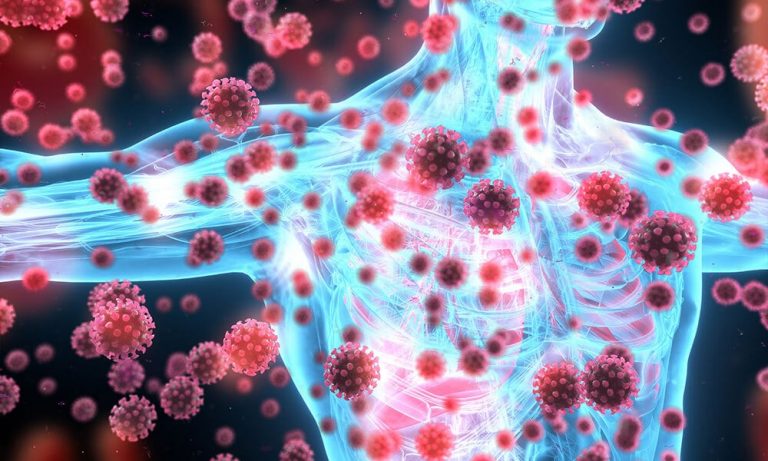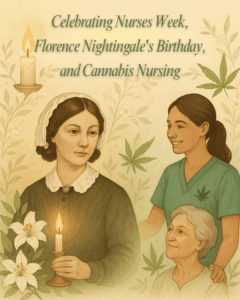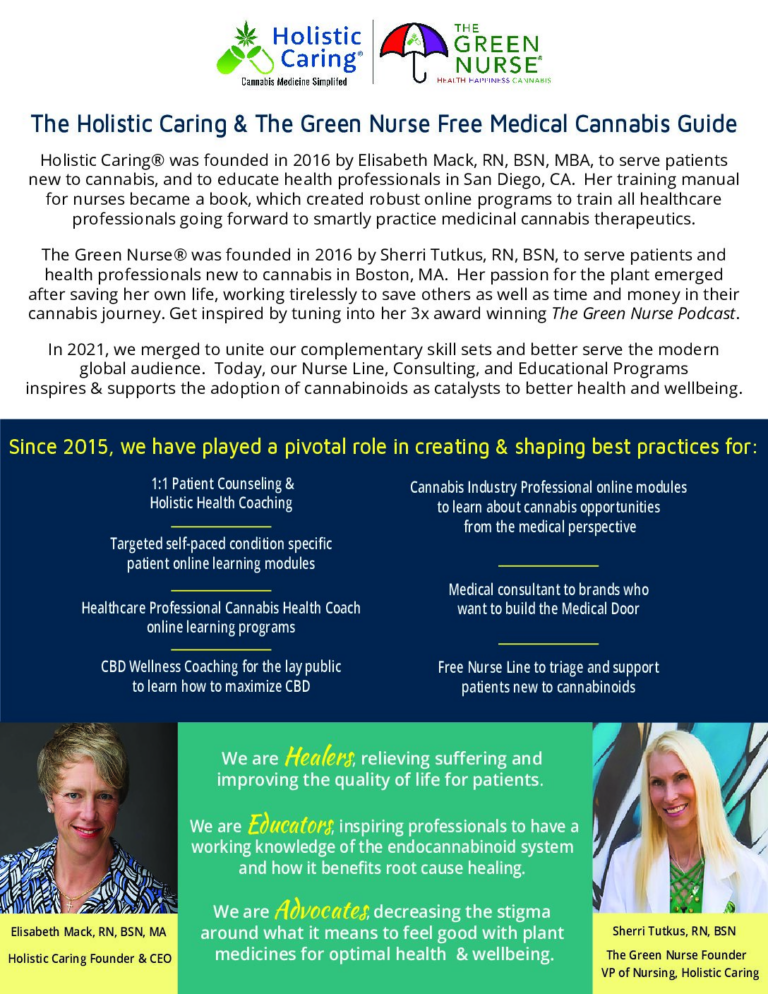This month we look at the complicated world of autoimmune (AI) disorders. A healthy immune system is critical at keeping us able to ward off bugs, viruses, and bacteria. Yet up to 50 million Americans, or 10% of us struggle with either an underactive – not enough immunity to fight infections or an over-active response that causes the body to target its own tissues.
The majority of autoimmune patients are women, particularly those of childbearing and working-age years. There may be months or years of misdiagnosis because autoimmune conditions thread through many systems and present with multiple symptoms.
There are many culprits, but an external trigger is thought to activate a genetic predisposition. Rheumatoid Arthritis is usually set off by mycoplasma bacteria, and measles sets off Epstein-Barr. For Diabetes it is gluten, and Lupus may be caused by hair dye. Environmental toxins and exposure to smoke can also be hazards. Trauma can set off downstream distress years down the road. Symptoms range from low-grade fevers, swelling, joint and muscle pain, intestinal bleeding and ulcers, rashes, weakness, fatigue, palpitations, and even miscarriages.
Finding the offending causes must be pursued, removing dietary wheat, dairy, eggs, nuts, shellfish, corn, and soy. Sugars increase the stress of all diseases and must be cut back in autoimmune to turn down the inflammation. Pharmaceuticals are generally layered, starting with NSAIDS for initial pain and swelling, progressing to steroids, and then biologics or disease-modifying therapies (DMARDs).
These newer drugs are expensive and frequently advertised during the nightly news telling you to avoid infections that may turn life-threatening. Side effects of liver and kidney damage, headaches, nausea, diarrhea, itching, rashes, dizziness, GERD, HTN, and light sensitivity are common. Don’t forget the other RX that stack up to manage the side effects of the first set of drugs.
What role does the endocannabinoid system (ECS) play? Our endocannabinoids, Anandamide and 2-AG are synthesized on demand in response to stress to correct the signaling errors that are causing problems. CB2 receptors are highly expressed in sick cells, seeking activation.
Our body tries to keep the balance, but because of our chronic stress, lack of exercise, and poor diets we suffer deficiencies in our ECS, so we don’t make enough 2-AG to correct the errors. What about CBD, THC, CBG, etc? Can we supplement with phytocannabinoids to restore balance? The short answer is yes, but we’re still trying to figure out the specifics.
CBD and THC are both anti-inflammatory and are generally immunosuppressive. CBD treated mice had significantly less production of pro-inflammatory cytokines – the proteins the body makes to recruit more immune cells. Reducing the level of cytokines can turn down the swelling, pain, and heat of inflamed areas.
CBD alone is not always sufficient, but a whole plant extract was successful, showing the importance of the entourage effect. Over-utilizing CBD and THC may suppress immune cell activity, so monitoring is necessary for those who are already comprised. Scientists are seeking exact mechanisms of how these phytocannabinoids work in the body, but Schedule 1 restrictions still leave us examining mice. Observational data from cannabis users show improvements in mobility, mood, energy, focus, appetite, and sleep.
The anti-anxiety and anti-depressant effects of CBD help stabilize our emotional state, and the sedating effects of THC help us get better sleep. CBD and CBDA inhibit COX-2 enzymes, just like NSAIDS and without the side effects. THC also helps decrease pain signaling more directly – which is critical as opiate prescribing is on the rise again in America.
For patients with arthritis or fibromyalgia, or other AI issues, microdoses of THC allow life to continue without the focus on the pain. Turning down 7-9 pain levels to a manageable 2-4 improves the quality of life significantly. Research is coming on how cannabinoids improve the root causes of inflammation, but for now, we will accept that reducing symptoms and improving the ability to smile is a win.
If you’re struggling with an autoimmune disorder, keep the faith. Wash your hands frequently, limit exposure to sick people, eat lots of vegetables, lean proteins, and get plenty of rest. Adding daily probiotics, D3, and Omega 3 fatty acids can help the gut microbiome heal and create more endocannabinoids. Adding cannabinoids may bring your freedom from suffering, pharmaceuticals, and the mindset of illness.
Holistic Caring is here to bridge the gap between conventional and cannabis healthcare. Our programs for patients, industry and healthcare professionals are here to revolutionize care.
To celebrate our Freedom in 2021, we are offering 50% off any of our Professional or Self-Guided Programs for 21 days in July! Use code FLAG50. Join us and bring freedom to all you know by extending our programs to others.
Cheers, and be safe, healthy, and hopeful. We’ve got this!
In health,
Elisabeth Mack & The Holistic Caring Team
PS: To preview our professional and patient programs on our online course platform, please join our network forum, The Holistic Caring Network.
Affiliate Opportunities
Do you believe medical cannabis options belong in a holistic treatment plan? Please help us spread the word! Join our Affiliate program and earn passive revenues each month.
July Events
- Holistic Caring Affiliate Meet & Greet – 7/7, 1:30 pm PST
- Holistic Caring Public Webinar – 7/14, 12 pm PST
- Holistic Caring Affiliate Training – 7/21, 12 pm PST
- Holistic Caring Mastermind for Cannabis Health Coaches – 7/29, 3 pm PST









